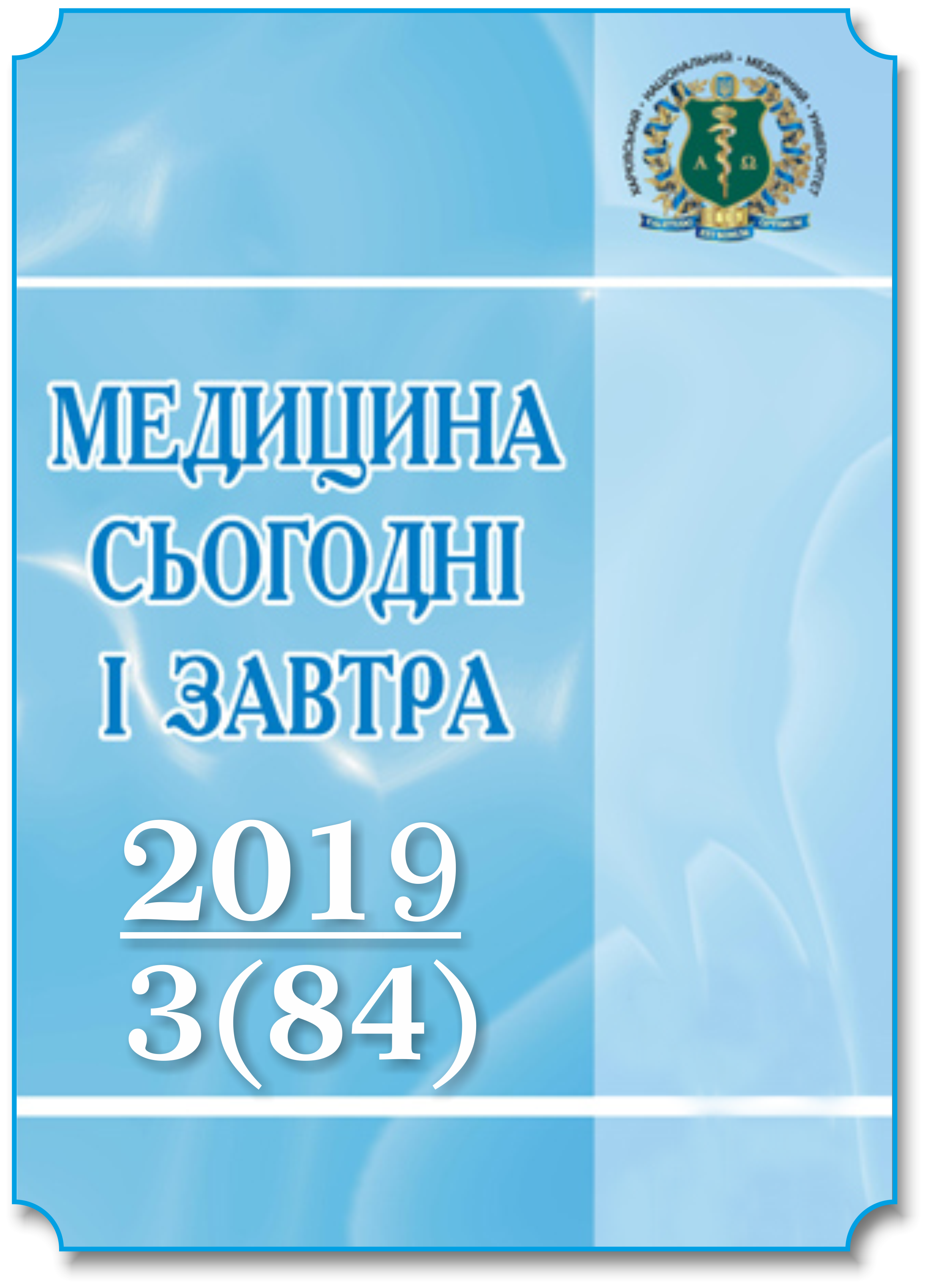Abstract
During 2016–2019, 180 navy commanders of Ukraine were surveyed: 110 members of the merchant navy command staff and 70 members of command staff of the passenger navy. All surveyed were male, citizens of Ukraine. Clinical-psychopathological and psychodiagnostic methods were used for studying the specific manifestations of anxiety response of the command staff of the merchant and passenger navy, to determine the need to create system-specific measures for the protection of their mental health. It is shown that more than half of the representatives of the command staff of the merchant (69,1 %) and passenger (57,1 %) navy have signs of mental maladaptation, which in most cases do not reach clinically outlined severity. A significant number of command personnel of both the merchant and passenger navy have manifestations of pathological alarming responses and alarming symptoms, predominantly of moderate intensity. In the commanders of the merchant navy more intense manifestations of alarming symptoms are observed, the average severity of which is approaching the upper limit of subclinical values, in representatives of the passenger navy the average severity of alarming symptoms is approaching to the upper limit of the standard indicators. A lower indicator of alarming symptoms among commanders of the passenger navy is due to a significantly larger number of persons without signs of mental maladaptation, while a significantly increased level of alarming response of merchant navy captains is due to a large number of respondents with preclinical maladaptive manifestations. The data obtained should be taken into account in the development of specific measures of psychotherapy and psychoprophylaxis for this contingent, which is the perspective of this study.
References
Onishchenko N.V., Pobidash A.Yu., Timchenko O.V., Khrystenko V.Ye. (2012). Psykholohichni osoblyvosti zhyttievoi stiikosti moriakiv – zhertv piratskoho polonu [Psychological features of life stability of sailors who are victims of pirate captivity]. Kharkiv: NUTsZU, 294 p. [in Ukrainian].
Carotenuto A., Molino I., Fasanaro A.M., Amenta F. (2012). Psychological stress in seafarers: a review. Int. Marit. Health, vol. 63 (4), pp. 188–194.
Iversen R.T. (2012). The mental health of seafarers. Int. Marit. Health, vol. 63 (2), pp. 78–89.
Kazhdyi chetvertyi moriak nakhoditsia v sostoianii depressii [One in four sailors are depressed] (2019). Morskiie novosti, Poleznaia informatsiia dlia moriakov – Marine News. Useful information for seafarers. Retrieved from http://assol.org.ua/2019/11/11/kazhdyj-chetvertyj-moryak-nahoditsya-v-sostoyanii-depressii/ [in Russian].
Vsio, chto neobkhodimo znat o psikholohicheskom sostoianii moriakov [Everything you need to know about the psychological state of seafarers]. (2011). Morskoi – Marine, № 16/1, Odessa: ChPPOM, pp. 10–11 [in Russian].
Hurvich I.N. (1992). Test nervno-psikhicheskoi adaptatsii [Neuropsychic adaptation test]. Vestnik hipnolohii i psikhoterapii – Messenger of Hypnology and Psychotherapy, № 3, pp. 46–53 [in Russian].
Podkorytov V.S., Chaika Yu.Yu. (2003). Depressii. Sovremennaia terapiia [Depression. Modern therapy]. Kharkov: Tornado, 349 p. [in Russian].

